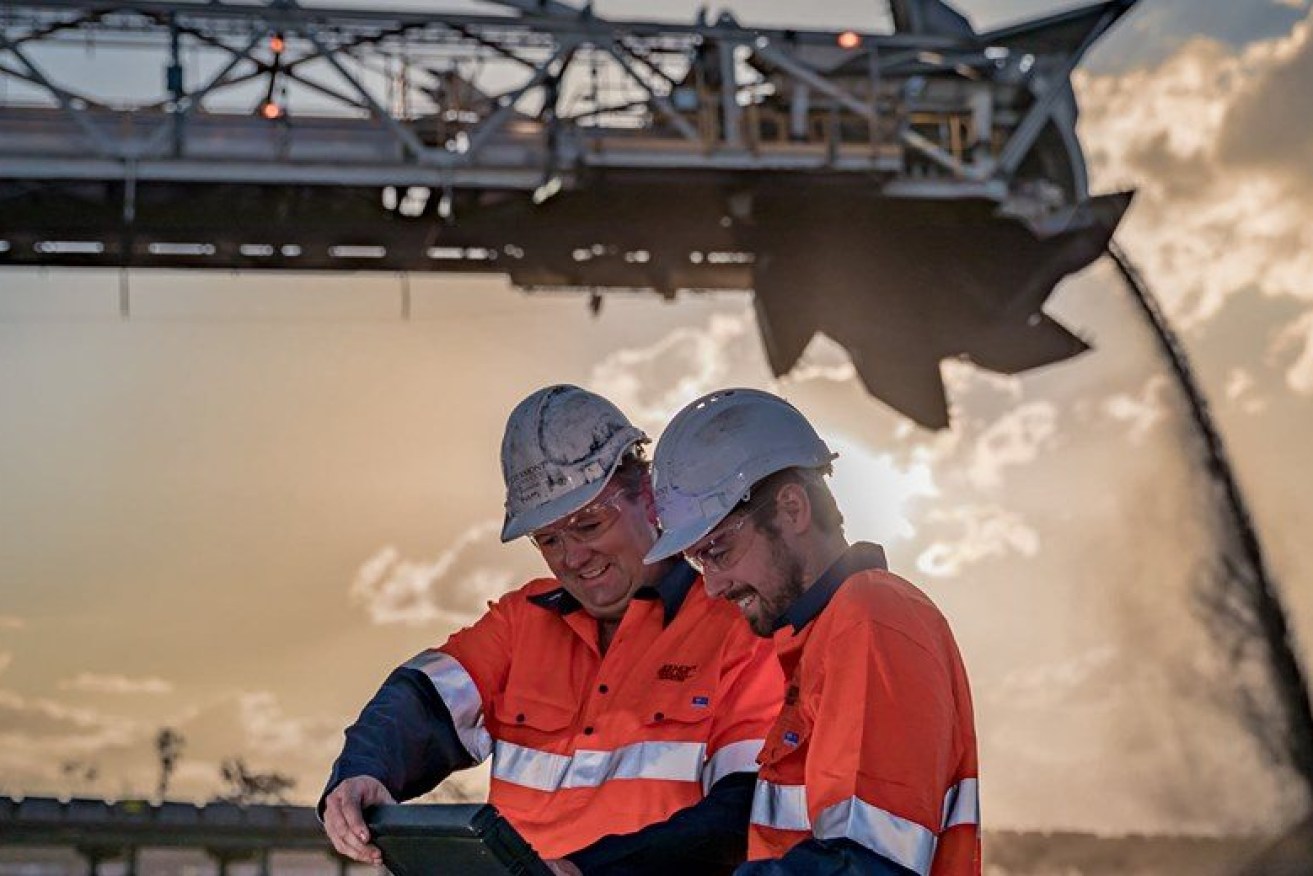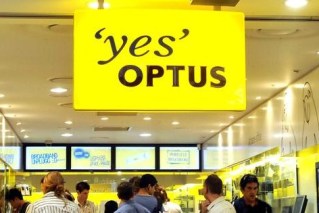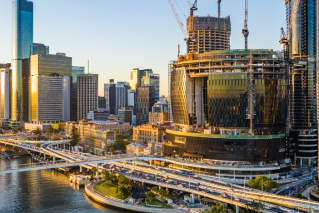Glory days may be gone for coal and gas as Labor gets a bigger stick
In the first few months of this year the Queensland coal mining industry was congratulating itself on entering another boom time. Prices were strong and despite China’s trade blocks the industry was on a wave of rare success.


BHP is selling two of its mines. (Pic: supplied)
Now, as we close that very same year, the coal industry is in dire strife, not from prices and markets, but from government interventions and courts.
How did an industry that once held the most-favoured status end up like this? How did it become a pariah that is being stripped of its once-in-a-decade super profits?
Rightly or not the coal sector has been painted as the face of corporate greed, of gaining too much at a time when a significant proportion of the population was under severe financial pressure after eight interest rate increases hit the mortgages of many Australians and inflation skyrocketed.
None of that is the industry’s fault, but because Queensland’s taxing powers are so limited, coal became its cash cow, its go-to for much-needed funds when times get tough and they are tough, especially after the Covid debt binge.
Quite rightly, the industry has said not only are its profits under attack but also future investment that is needed to provide dispatchable power until renewables are capable of taking over the role. But that’s long term, well past the vision of most politicians. What they want is a response now.
It wasn’t that long ago that governments, including Labor ones, were holding the door for coal and gas as they entered the state and spent billions developing industries and provided jobs in the regions. Those companies benefitted not only from access to the state’s rich resources, but in many cases taxpayer funds for use in infrastructure and concessions.
The way the Bligh Government allowed the LNG industry to establish was an example of that favoured status. It didn’t even bother to impose any domestic reservation of the gas. The LNG companies could sell as much as they liked to overseas buyers, an issue some believe we are still paying for.
Companies raced to get their projects to Gladstone and vastly overspent.
The open door for the Galilee Basin development was another example. Land was resumed for rail corridors, concessions promised for the first in. The Government did everything it could to pave the way.
Premier Annastacia Palaszczuk and 12 regional mayors even went to India to plead the state’s case to Gautum Adani. Imagine that now.
Then it all turned to custard.
Labor is no longer in the mood to show its gratitude. After bruising wars with the mining sector in recent years, Labor in Queensland is not that keen on holding that door open anymore.
It is deeply suspicious of coal, burnt too often by the sector.
To recap there was Adani and New Hope disputes, the destruction by the industry of the Rudd Government’s super profit tax, the hike in gas royalties and this year’s coal royalty hit and the dispute and poisoned relationship with then treasurer Jackie Trad over a demand for a $100 million contribution to an infrastructure fund, that was eventually paid a day or two after Trad lost her job.
Add to that the court rulings against coal recently and it is understandable that the sector sees itself under siege.
The Fraser Institute used to have Queensland at or near the top of its list as a mining province where it was good to do business. Now its index of investment attractiveness has Queensland at 18th, behind Western Australia and South Australia. Even Ireland and Sweden are considered better prospects.
What we are witnessing now is not the end of coal and gas but the sectors losing their favoured status and they are not happy about it. BHP’s veiled threat last week to shut down some of its central Queensland coal mines early was another shot across the bow.
BHP made a $US750 million provision to shut mines early. However, it’s a balance sheet move until BHP actually pulls the trigger, so the Government didn’t even bother to respond to the announcement.
Shell QGC also paused the sale of a huge amount of domestic gas while it assesses the Government’s moves on a price cap.
Both sides have valid arguments, but it’s unlikely the State Government will back down now on its royalty scheme, even if it produces four times the amount it expected to receive this year.
And Albanese holds a whip hand in the price cap dispute. The public is likely to back lower energy bills over corporate profits any day.
They also have to consider that both Palaszczuk and Albanese have much bigger sticks to wield should they choose to use them.












